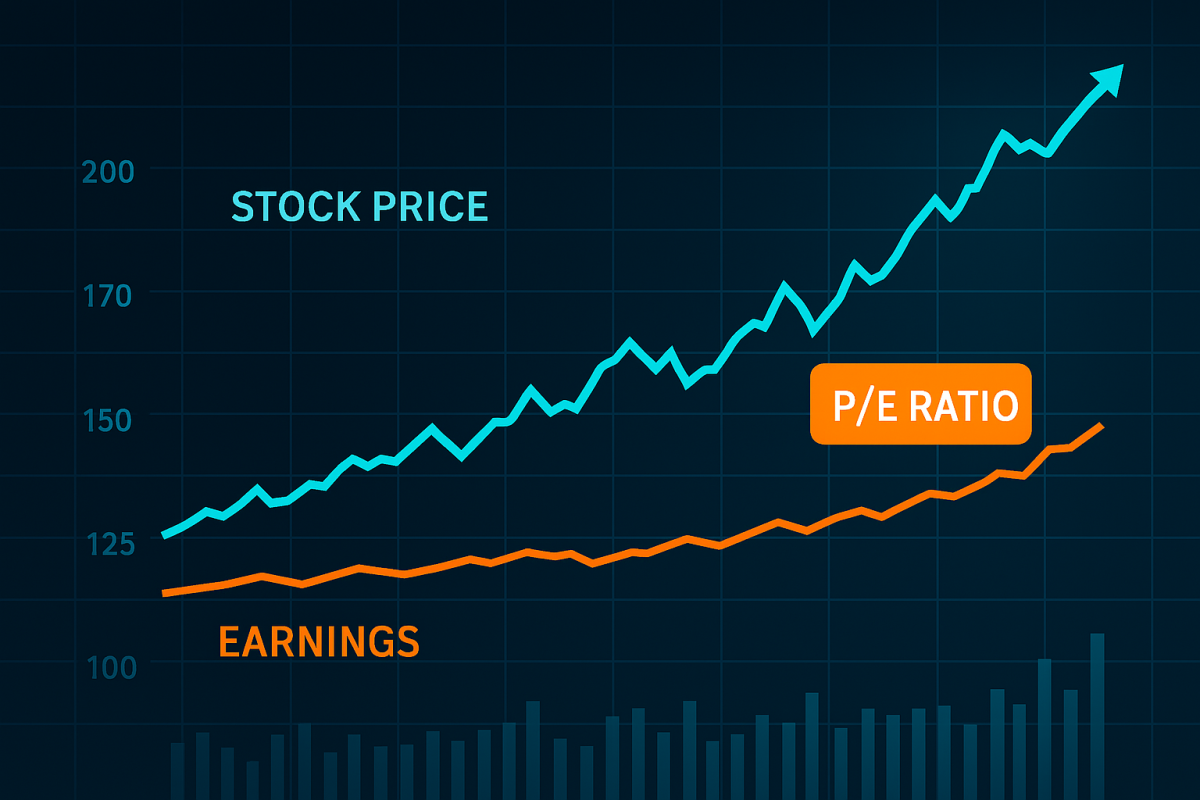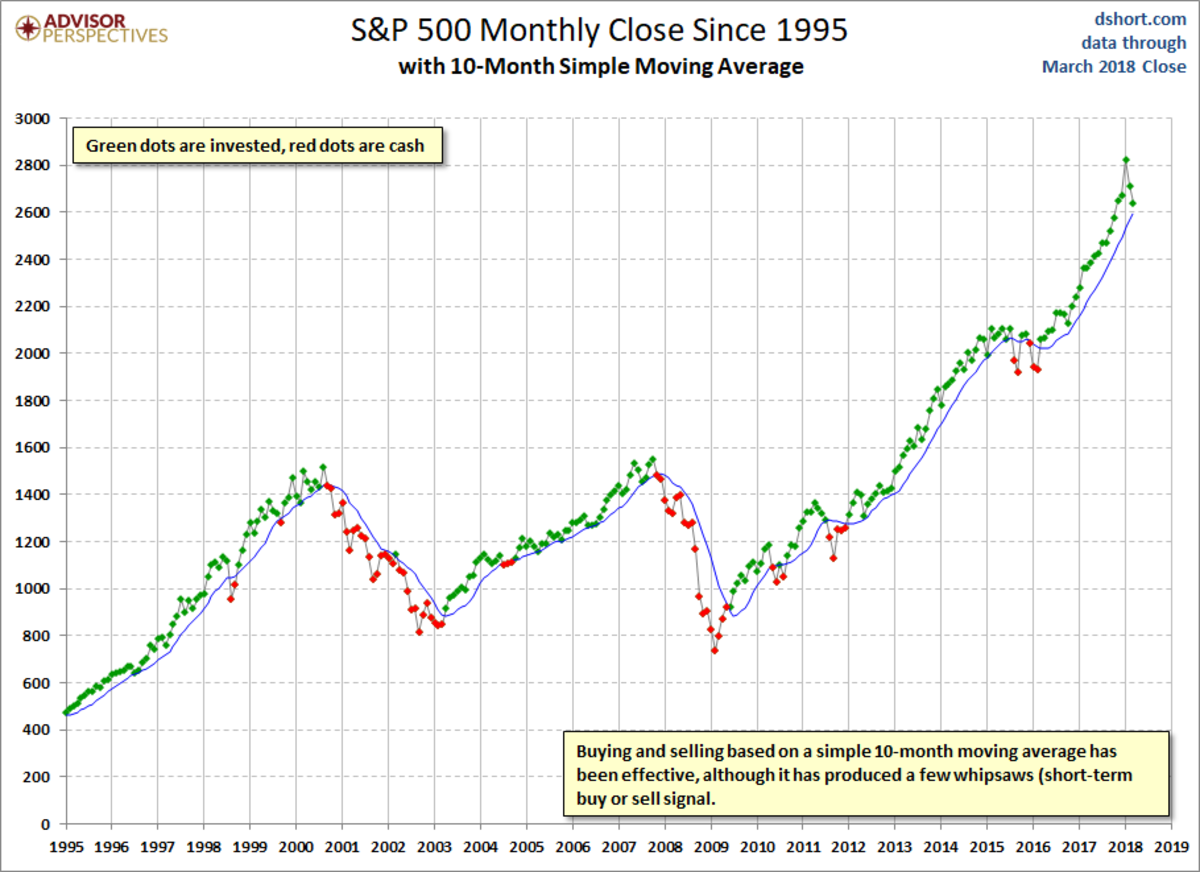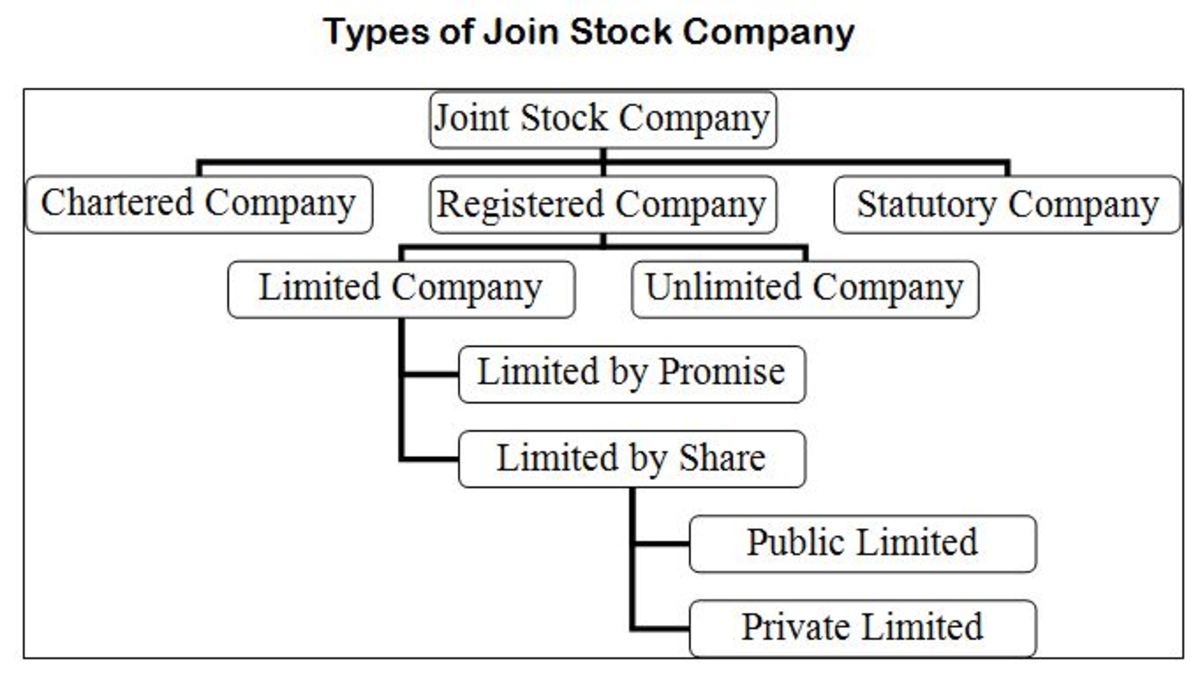Day Trading Basics: A Beginner's Guide To Day Trading

Generally financial markets are open between specific hours on a daily basis. Wall Street, for example, officially the New York Stock Exchange, is open Monday to Friday from 9am to 5pm Eastern Standard Time. Between those hours, Monday to Friday, hundreds of people trade units, buying and selling in accordance with the shifts and trends of individual markets.
People trade everything from stocks to currencies, stock options to future contracts. Some markets are open around the clock, but day trading refers specifically to the practice of buying and selling financial units on a market on a single day.
Types of Trades
This section will arm you with the basic knowledge you need to conduct trades as a day trader. As there are many different types of traders and, whether you realize it or not, you’ll encounter most of them. We’re going to start by looking at what it means to be a day trader and compare that role to that of most other traders so the different habits are highlighted.
Day Traders
Day trading is a practice of buying and selling stocks throughout the day with the determination of stocks price will shift. Most traders want the prices of a stock to rise so they can make a profit, but some have arrangements to profit when a stock value falls - buying shorts, it’s called.
Anyway, a day trader will hold stock anywhere from a few seconds to a few hours in the day. At the end of the day, however, they will always have sold the stock before the close. The day trader specifically controls their activity to avoid being at risk outside of office hours. If they held on to stock overnight, for example, they would be at risk of losing out on their gains. The objective of day trading is to get in and out of any particular stock for a profit as fast as you can.
There are two main types of day traders:
- Scalpers
- Momentum traders
Scalpers
This group trades like their playing hot potatoes. Their activities are limited to the rapid and repeated buying and selling big number of stocks during a very short period of time. The main goal is to make a small per share profit on each transaction at a minimum risk.
Momentum Traders
These types of day traders focus on acceleration in stock prices and they aim to buy stock at the low and sell it at the high.
Swing Traders
Swing trading is quite similar to day trading except that swing traders will normally have a longer working day; swing traders generally hold stock for longer. Swing traders are similar to day traders, in that they also attempt to predict how the stock price will act over the short term. Unlike day traders, however, they will hold stocks for more than one day, if necessary, to give the stock price some time to move.
Although swing traders have the opportunity to earn higher returns than day trading, primarily due to the extended hours they work on trading, swing traders also assume greater risks. Where day traders liquidate their stock at the end of the day, swing traders take on overnight risk.
Although the term, ‘overnight risk’ doesn’t sound too scary, many of the overnight risks assumed by swing traders are quite substantial. For example, developing news events and earnings warnings that are not announced until trading closes could affect the price of the stock.
Swing trading is not for the faint hearted.
Position Trading
Similar to swing trading, position trading involves working within a longer time frame. Position Traders have been known to hold onto their stocks for weeks or months at a time, trying to analyze trends to get a larger movement on the price. Positions traders absorb the risk that trends may not be fully played out for several weeks or months.
Trading Lingo: Some Key Terms for Day Traders
While there are plenty of terms you’ll pick up as you go; it’s useful to have an understanding of some of the most basic terms used in trading. If for no other reason, knowing these terms will allow you to save time reading more about day trading as you look to improve.
Electronic Communication Networks (also called ECNs): these are electronic trading systems that automatically match, buy and sell orders at specified prices. Traders, institutional investors, broker-dealers, and market-makers trades directly
with an ECN; if a subscriber wants to buy a stock through an ECN, their order is matched to a sell order.
Horizons: Important to your investment strategies, the term horizon refers to the length of time a sum of money is expected to be invested. The terms investment horizon and time horizon refer to the same thing.
Market Makers: These are generally brokerages or banks that buy or sell stocks at publicly quoted prices. These firms display bid and offer prices for specific numbers of specific securities (another word for stocks), and if these prices are met, they will immediately buy for, or sell from their own accounts. The work of market makers is very important for maintaining the value and status of a particular stock.
Spreads: The difference between the current bid and the current ask or offered of a given security.
Tick: The smallest possible movement in the price of a security also called minimum fluctuation.
Waves and Troughs: This basically refers to the shifts and changes of a stock’s value.
Volatility: Basically it’s degree of variation of trading prices; it means higher the volatility, the higher the risk of stock. If the price of a stock moves up and down over dramatically short time periods, it has high volatility. If the price rarely changes, the stock has low volatility.
This article is accurate and true to the best of the author’s knowledge. Content is for informational or entertainment purposes only and does not substitute for personal counsel or professional advice in business, financial, legal, or technical matters.
© 2019 Zubair Amin








